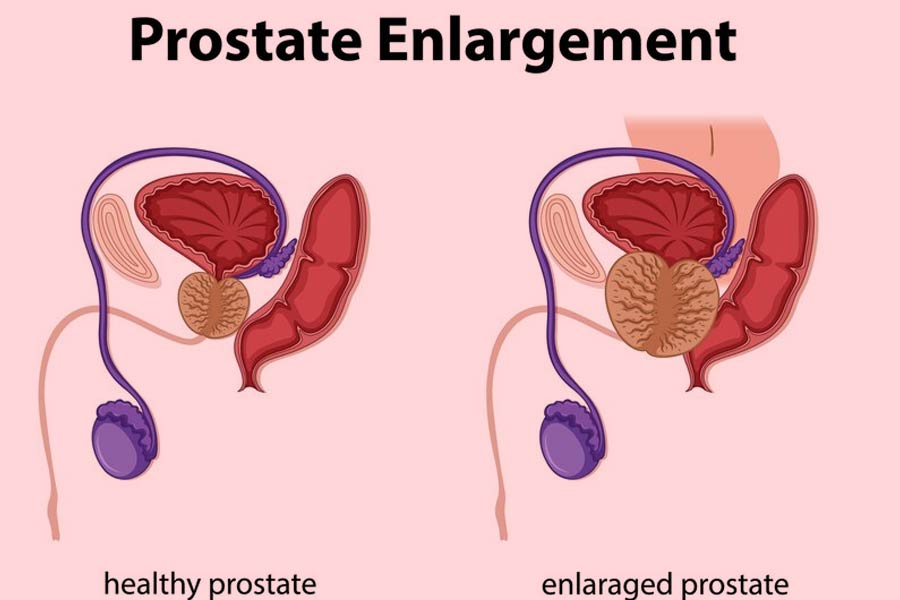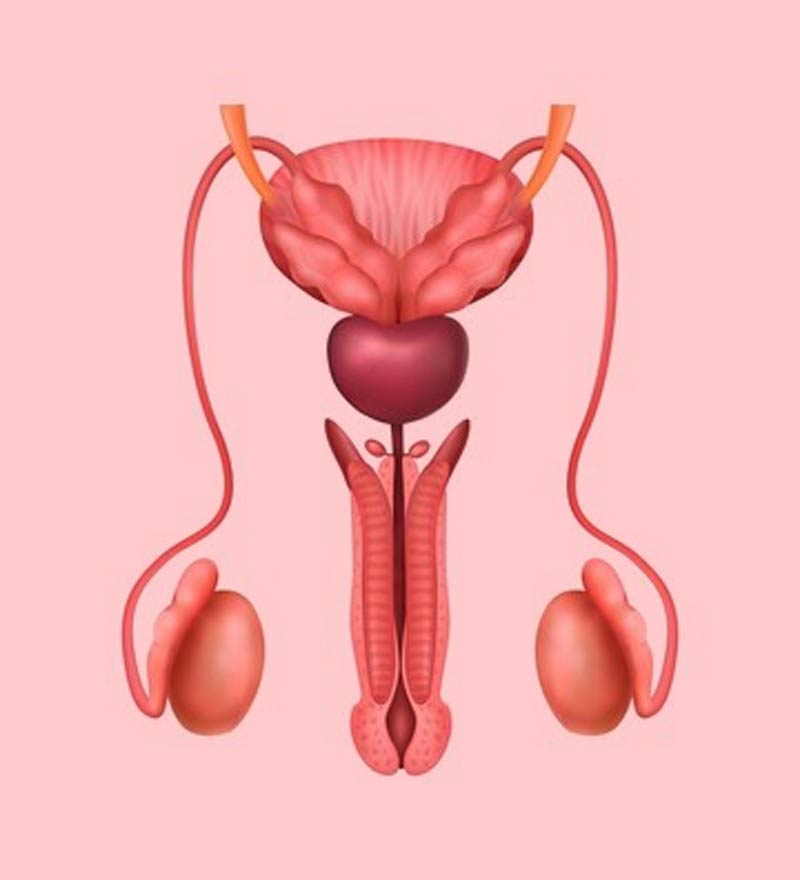
Earlier this month Buckingham Palace had released a statement revealing that King Charles III has been diagnosed with cancer but the type of cancer was not revealed.
He was hospitalised for prostate enlargement (benign prostatic hyperplasia) although the statement denied any connection of this with cancer.
Table of Content:-
To understand this condition properly, OnlyMyHealth connected with Dr Nitin Shrivastava, Senior Consultant, Urology, Kidney Transplant Program and Robotic Surgery at Artemis Hospital Gurugram.
What Is Benign Prostatic Hyperplasia?

Benign Prostatic Hyperplasia (BPH) is a condition when the prostate gland and the surrounding area expands. It is an age related health condition. Dr Shrivastava explained, “It is a condition that is characterised by the non-cancerous enlargement of the prostate gland. The prostate gland surrounds the urethra and plays an important role in male reproductive function by producing fluid that nourishes and transports sperm and with the increase in age, the prostate gland may also increase in size and give rise to this condition.”
Symptoms
According to Dr Shrivastava, the symptoms of benign prostatic hyperplasia (BPH) typically include urinary problems like increased frequency of urination, especially at night (nocturia), urgency to urinate, weak urinary stream, straining to urinate, difficulty initiating urination, and a sensation of incomplete bladder emptying.
He further said, “Some people may also experience urinary retention, where they face problems in completely emptying the bladder, which results in discomfort or a feeling of fullness in the lower abdomen. In extreme cases, BPH can cause complications like urinary tract infections, bladder stones, or acute urinary retention requiring medical attention.”
Also read: King Charles III Diagnosed With Cancer, Type Not Revealed
Causes Of BPH

When asked about the causes of BPH, Dr Shrivastava said, “The exact cause of benign prostatic hyperplasia (BPH) is not completely clear, but there are several factors that are said to cause this problem.”
“One important factor is age, as this problem majorly occurs in older men. Hormonal changes, especially an increase in levels of dihydrotestosterone (DHT), a potent form of testosterone, with age, is believed to play a major role in the enlargement of the prostate gland,” he said.
Furthermore he said, “Genetics may influence an individual's chances of developing BPH, as it tends to run in families. Other potential risk factors include obesity, sedentary lifestyle, and some medical conditions like diabetes and cardiovascular disease.”
Also read: Prostate Cancer: Expert Debunks Its Myths And States The Facts
Who Is At The Risk Of Having It?
Dr Shrivastava said, “Men after the age of 50 are especially at the risk of developing this problem. But, not all men will develop BPH, and the severity of symptoms also varies significantly among individuals.” Adding he said, “People with medical conditions like diabetes and cardiovascular disease are also likely to develop BPH.”

Preventive Measures
Citing lifestyle modifications, Dr Shrivastava said, “Maintaining a healthy lifestyle, including regular exercise and taking a balanced diet rich in fruits, vegetables, and whole grains, can help in weight management and reduce the risk of obesity, which is a popular risk factor for BPH.” “Limiting the consumption of alcohol and caffeine especially before going to bed can alleviate urinary symptoms associated with BPH.” He further said, “Practising good urinary habits like emptying the bladder completely and avoiding delaying urination can help in preventing urinary retention and reduce the risk of bladder related problems.”
Concluding, Dr Shrivastava said, “Regular check-ups with a healthcare provider are also important for early detection and timely management of BPH, especially in men over the age of 50 or those who have a family history of prostate conditions. Involving healthcare professionals is also important as they can help in suggesting a comprehensive approach to managing BPH and maintaining overall prostate health.”
Also watch this video
Read Next
What Are Winter Migraines? Here Are Its Causes, Symptoms, Prevention, and Treatment Strategies
How we keep this article up to date:
We work with experts and keep a close eye on the latest in health and wellness. Whenever there is a new research or helpful information, we update our articles with accurate and useful advice.
Current Version